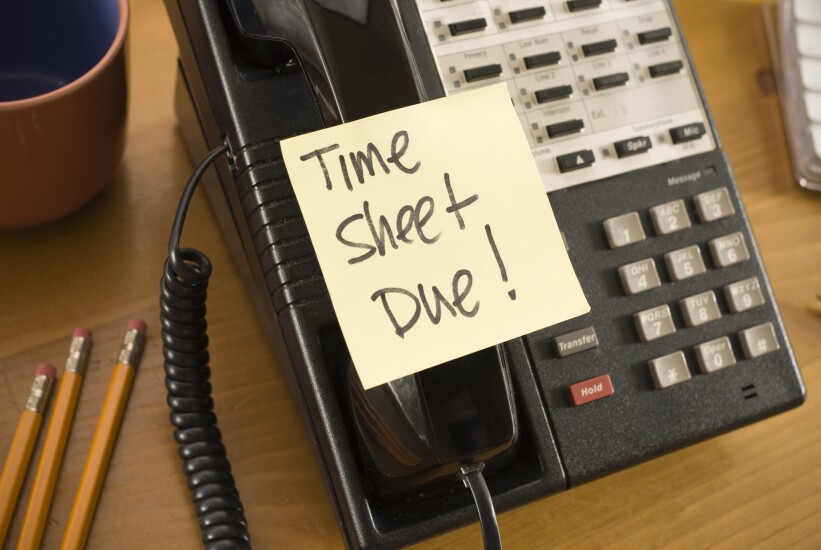Hurricane Florence aftermath: An employers' checklist
September 17, 2018 1:07 PM











Early studies suggest GLP-1 drugs like Ozempic may reduce cravings for alcohol and other addictive substances.
The healthcare system will not change itself. Progress will come from employers and advisers choosing to break old habits and build something better together.

A veteran benefits consultant shares how steering employees toward high-performing, cost-efficient providers can improve quality of care while lowering expenses.
A new policy roadmap urges employers and lawmakers to expand retirement access and lifetime income options.
Leslie Bostic from Amalgamated Life Insurance provides an inside look into the pain points of today's benefit teams.